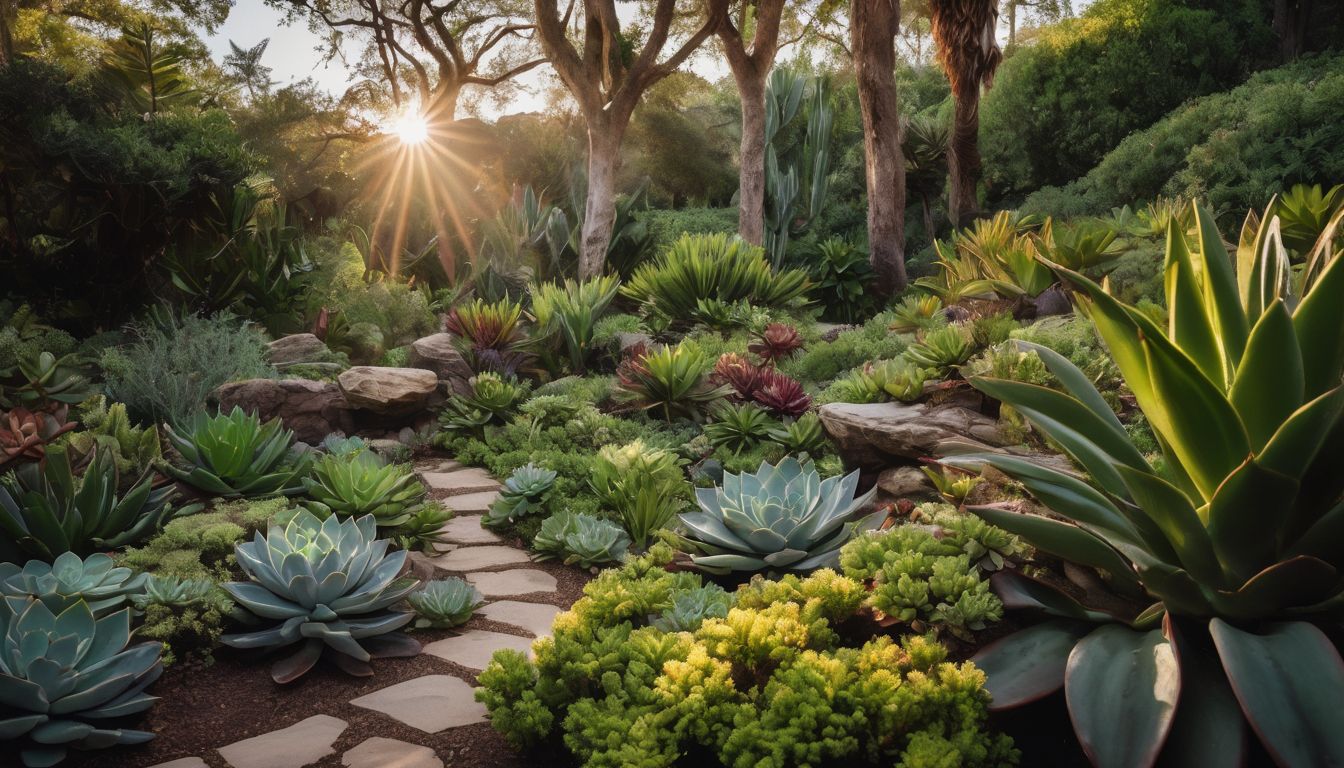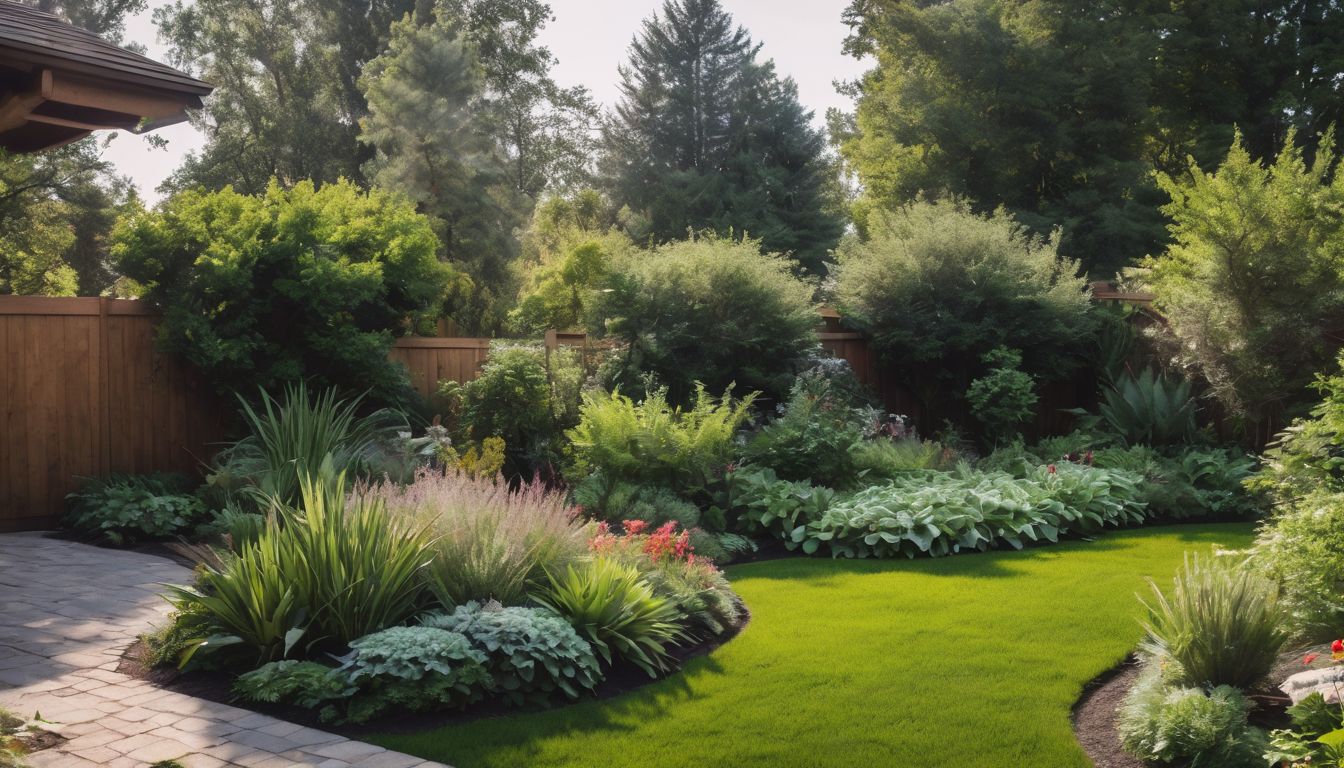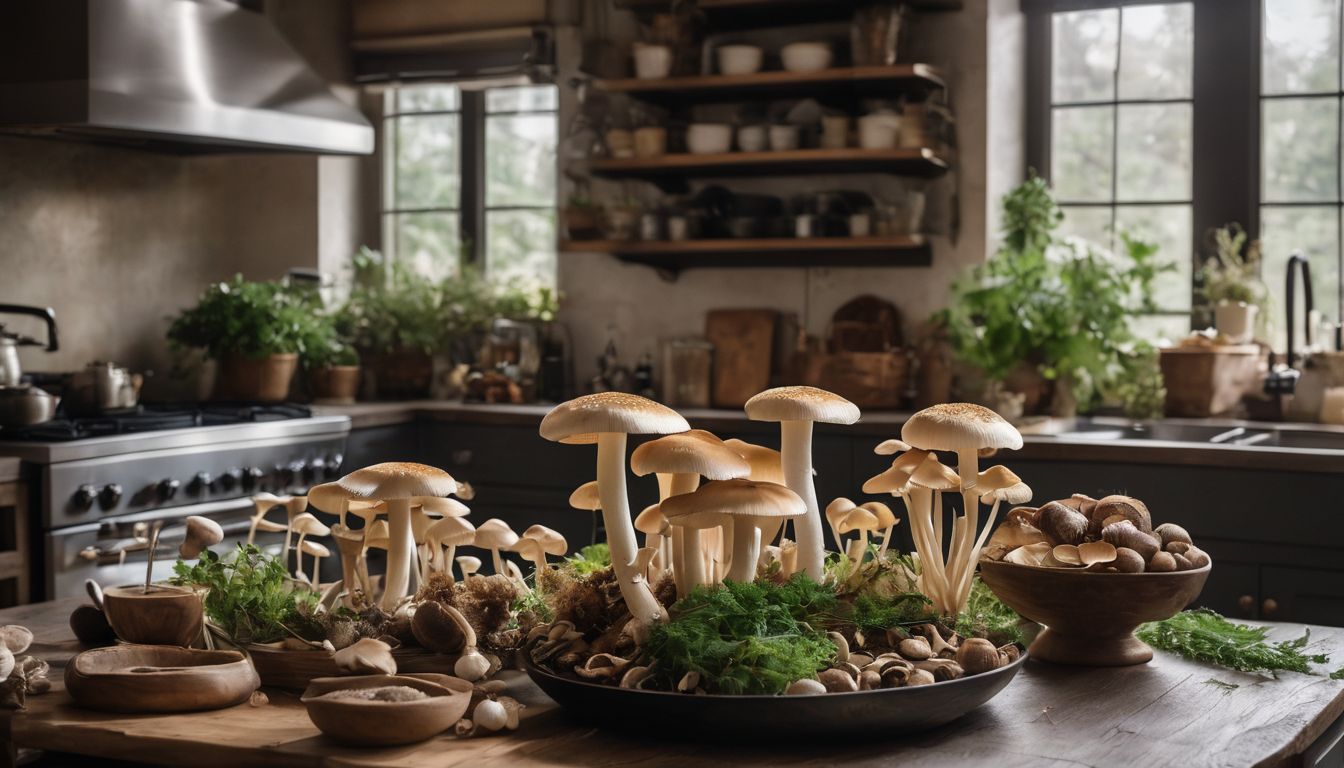Non-toxic pesticides may sound like an oxymoron, but they are becoming more and more popular, as seen in the boom of organic foods. Although most pesticides, by definition, must be toxic to the targeted pests, non-toxic pesticides minimize the effect that the pesticide has on the rest of the environment. Non-toxic pesticides have benefits for the environment, health, and your wallet.
Benefits for the environment:
Often, the pesticides you spray in your garden runs off into the air, rivers, streams, and watersheds, causing destruction to the animals and their habitats. A study showed that 70% of non-organic fruits and vegetables were contaminated by at least one pesticide.1
Benefits for the health of you and your pets:
While we do not fully understand all the effects that pesticides have on the human body, we know that too much can cause neurological problems, depression, fatigue, respiratory problems, cancers, and reproductive issues. At the same time, according to the America Society for the Prevention of Cruelty to Animals, each year poison control centers report over 30,000 pet poisoning cases related to pesticides.2
Benefits for your wallet:
When you make non-toxic pesticides yourself, you can save money by using ingredients that you may already have. Most of the following pesticides contain ingredients which you can either already find in your own home or which are so commonly used for other purposes that they are relatively cheap.
Cost: Low
Most of these pesticides are made from very cheap and common ingredients. Plus, because you can target the specific pesticide to your own purpose, your homemade pesticide might even give you more bang for your buck.
Time and Effort: Low
Making non-toxic pesticides is just a matter of mixing the ingredients together, then spraying the solution onto the plants in your garden.
Instructions:
General Non-Toxic Pesticides:
•Spearmint Hot Pepper Horseradish Spray: Mix together the following ingredients with some water, strain the solution, and add a half-gallon more of water and a tablespoon of non-toxic liquid soap.3
1. ¼ cup hot red peppers
2. ¼ cup of fresh spearmint
3. ¼ cup horseradish, both root and leaves
4. ¼ cup green onion tops
•Crushed Bug Mixture: If you have a problem with a certain species of insect, collect half a cup of these dead insects. Crush the insects, add 2 cups of water, then strain the insect particles out. Mix in ¼ of this solution with some non-toxic liquid soap and water, and try to spray it directly on the insects.4
•Diatomaceous earth: You can buy bags of this stuff in garden centers or in aquarium centers. Diatomaceous earth is a natural compound made up of the sharp remains of tiny fossilized plants. When insects walk over it, it slices their exoskeletons, effectively killing them. Sprinkle it on your plants and around your garden.5
Specific Non-Toxic Pesticides:
Spider Mites: Mix ingredients together, shake thoroughly, then spray solution onto plants.6
1. ¼ cup buttermilk
2. 2 cups wheat flour
3. 2½ gallons water
Snails and Slugs:
1. Put out some bowls of beer. Slugs and snails will attempt to drink the beer, get drunk, and drown.
2. Lay copper wire around the plants that they usually attack. Snails and slugs have such a strong aversion to copper that snails will not be able to cross the wire to get to the plant.7
Cabbageworms and Spider Mites: Mix together 2 tablespoons of salt with one gallon of water, then spray the solution onto plants.8
Essential oils: Essential oils often have insecticidal properties, although some are a little toxic. To make the solution, use between a half and a whole teaspoon of the essential oil, mix in some water, and spray on the areas where insects are present.
| Essential oil | Fleas | Flies | Ticks | Mosquitoes | Lice | Moths |
| Bay Leaf | X | X | ||||
| Camphor Laurel | X | X | ||||
| Cedar | X | X | X | |||
| Citronella | X | X | X | |||
| Citrus/Orange | X | X | ||||
| Eucalyptus | X | X | ||||
| Garlic | X | X | X | |||
| Lavender | X | X | X | X | ||
| Neem | X | X | X | |||
| Pennyroyal | X | X | X | |||
| Rose Geranium | X | |||||
| Rosemary | X |
(Source: http://www.greenyour.com/body/personal-care/insect-repellent/)
Fungus: Here are fungicides with various purposes 9:
•On Tomatoes or Potatoes: Mix together the following ingredients, shake, and spray onto the tomatoes or potatoes:
1. 1 tablespoon canola, mineral, or other light oil
2. 1 tablespoon baking soda
3. 1 gallon water
•On Roses: Mix together the following ingredients and shake:
1. 2 teaspoons baking soda
2. 2 quarts water
3. ½ teaspoon non-toxic liquid soap
• In General: 2 uncoated aspirins dissolved in a quart of water can be sprayed directly onto foliage.
Keeping the Animals Away: Just pour some Tabasco on the tender roots of plants you don’t want to be eaten by animals. Tabasco certainly won’t kill any animals that might want to eat your plants and vegetables, but it’ll certainly make them think twice about chewing on them.




